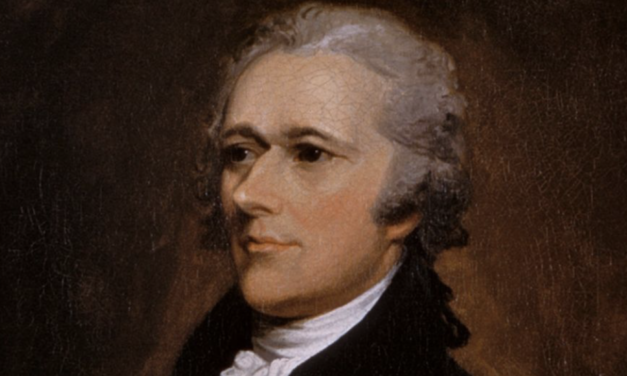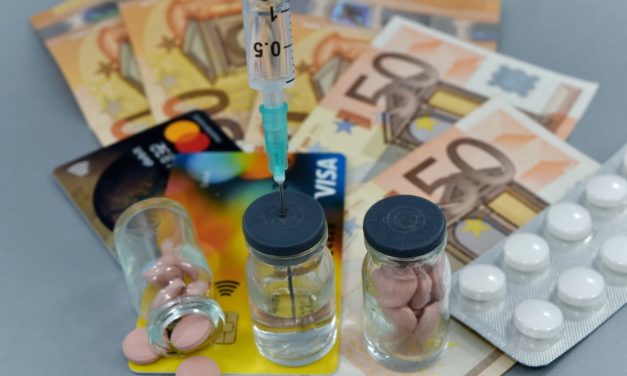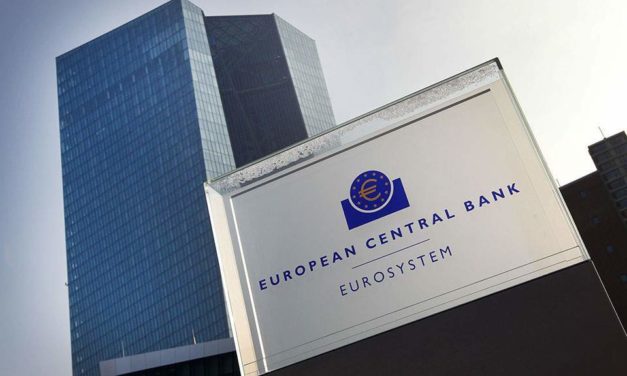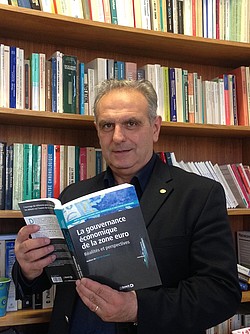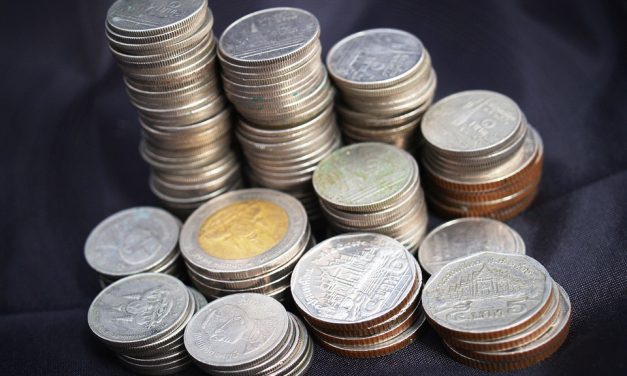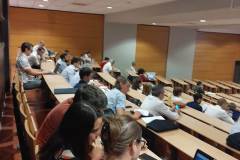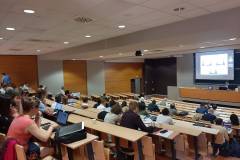Europe’s Hamiltonian moment… Again
In these dark times of ’Coronacoma’ for the World Economy, the European Monetary Union is on the brink…Again. This time, it could be truly different. Countries opposed to any kind of debt mutualization properly ordered hinder de facto the achievement of a federal leap that it is desperately needed to complete the monetary union. Without this giant leap, there are real risks of implosion for the eurozone and, even, the whole EU. This brief note tries to explain why the US historical experience could be inspiring for Europeans in a situation where the concept of radical uncertainty is especially...
Read More
